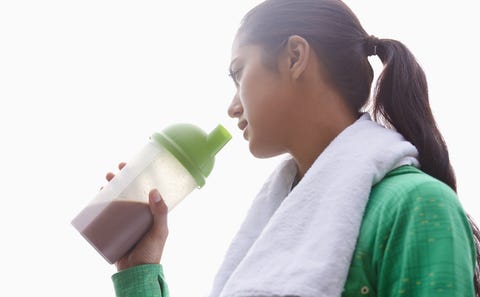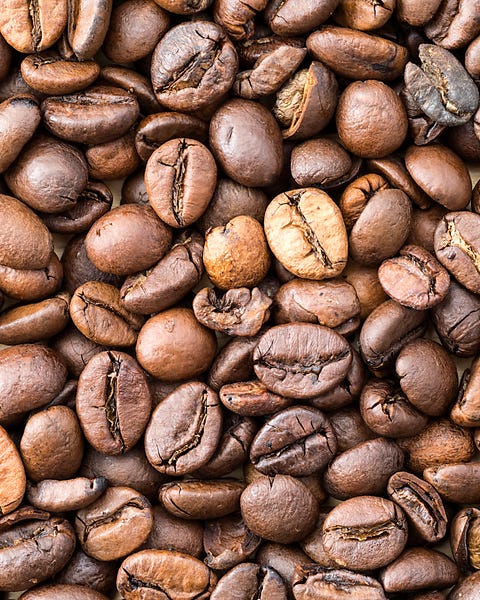
While there are many pillars of nutrition that have stood the test of time (think: limiting the amount of added sugar in your diet), this area of health is still constantly developing and evolving. And while it’s easy to think of nutrition trends as fads that will disappear just as fast as they appeared, some of these concepts are sound enough to hang around.
Whether you’re looking to win, place, or consistently show up and finish workouts feeling strong, here are the newest products and lifestyle trends from the Academy of Nutrition and Dietetics’ annual Food and Nutrition Conference and Expo that will help you improve your performance and overall health not only in the coming year, but for the long haul, too.
Top Nutrition Trends for 2019
Getting Unique Sources of Protein
Unless you’ve been totally off the grid for the past few years, it should come as no surprise that we runners are constantly striving to get enough protein. Nutrition experts recommend that athletes in heavy training aim to consume approximately 0.6 to 0.9 grams of protein per pound of body weight in order to support metabolic adaptation, repair, recovery, and overall health.
Luckily it’s becoming easier and easier to find high-quality and delicious ways to boost your protein intake that aren’t your typical postrun recovery shake, such as KITU’s protein-packed coffee and creamer or Neuro’s protein water.
Increasing Sustainability Efforts
As sustainability continues to be a main focus and concern, many athletes are gravitating towards a more environmentally-friendly type of protein: grass-fed, pasture-raised, and free-range. Over the past five years, U.S. retail sales of grass-fed beef grew from $17 million in 2012 to $272, doubling every year, according to Nielsen data.
More and more brands, like Teton Waters Ranch, offer lean-protein products that are both antibiotic- and hormone-free, which can benefit your performance thanks to their higher concentrations of conjugated linoleic acid (which can improve body composition and lower your risk of certain diseases), inflammation-fighting omega-3’s, and essential antioxidants such as vitamins A and E.
[Build a killer midsection in the kitchen for effortless miles on the road with Eat for Abs!]
Making Gut Health a Priority
Digestion matters. When your gut isn’t at its prime—when its balance of bacteria is altered—your energy levels, stress levels, sleep patterns, and ultimately your performance can be impacted. This gives athletes all the more reason to consider eating foods rich in probiotics daily. In fact, such supplementation can prevent you from being sidelined with an illness.
Luckily, sources of probiotics are not hard to find—just take a look at your grocer’s ever-expanding offerings of yogurt and kefir, effectively accelerating probiotics and fermented foods into the mainstream. If dairy yogurt isn’t for you, try things such as cultured sauerkraut, kombucha, or even plant-based dairy alternatives like Califia Farms Probiotic Yogurt, a dairy-free yogurt drink that contains 10 billion live and active cultures to support your training and health.
[“source=carwale]












